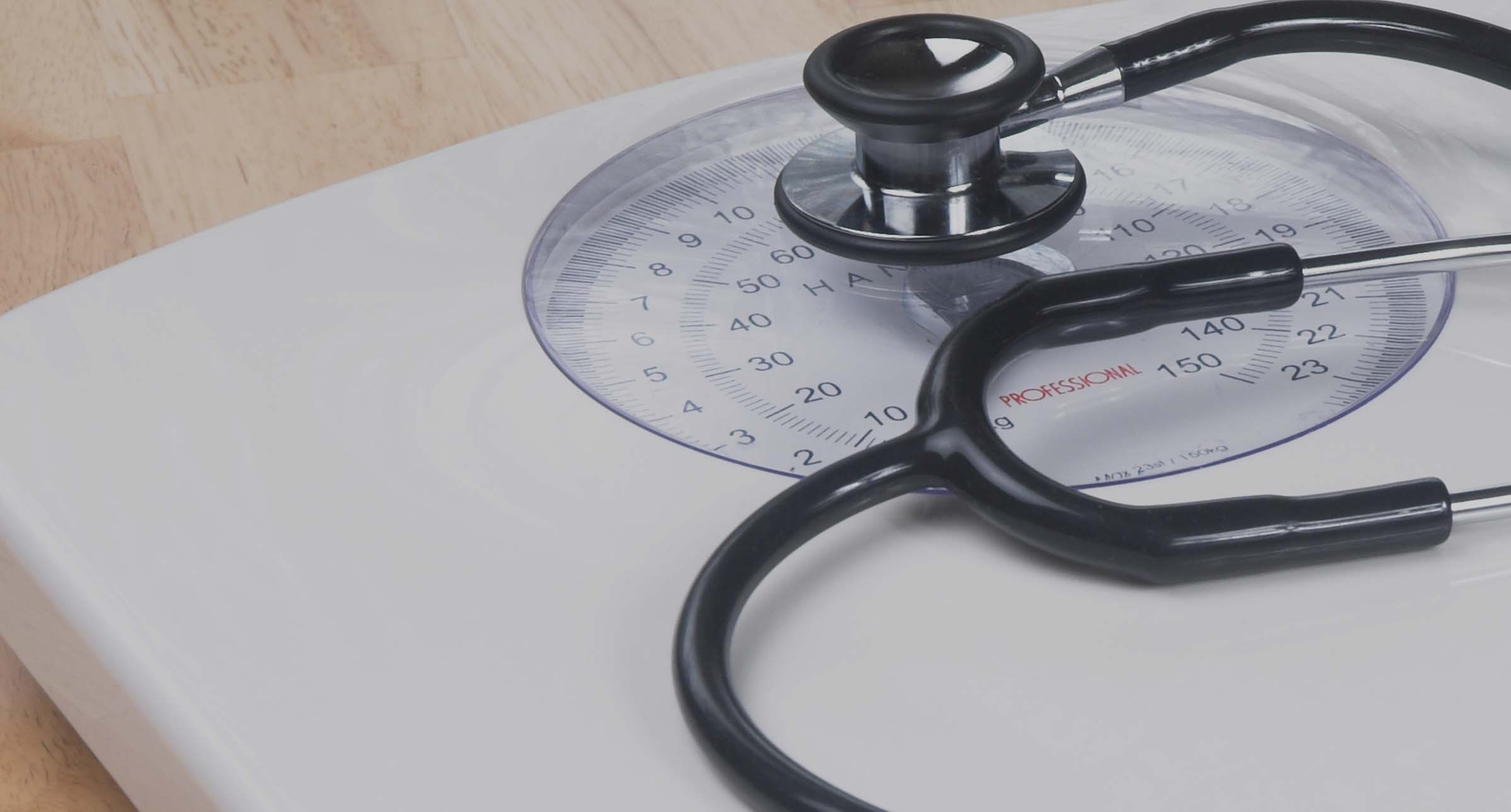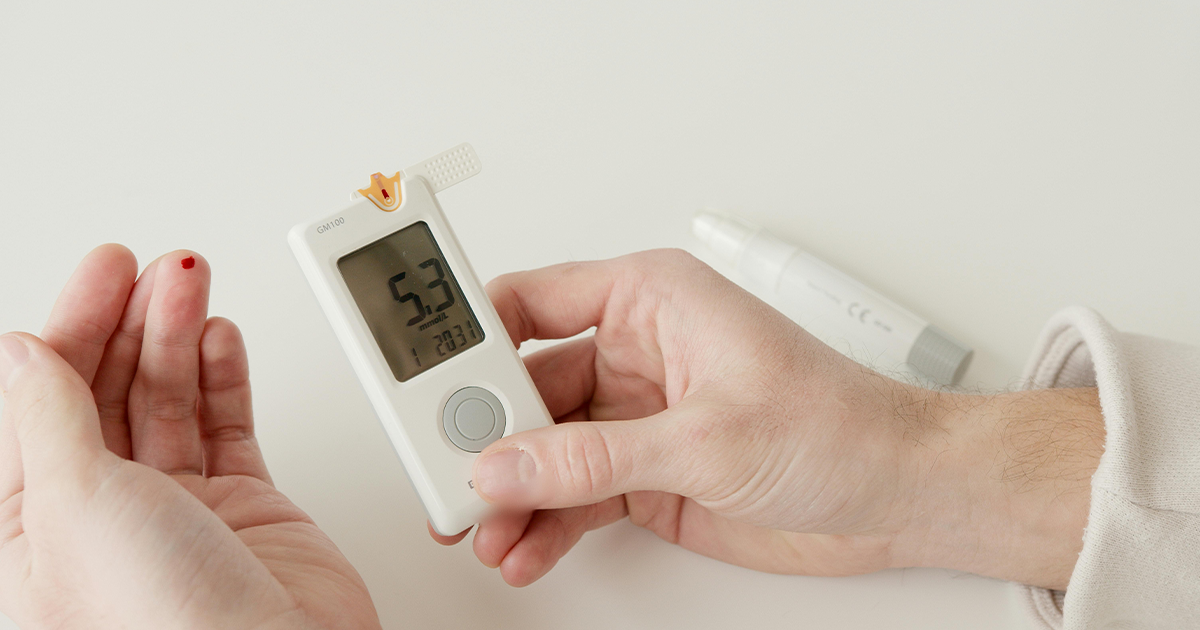Weight loss surgery & malabsorption – What you need to know.

Most people who undergo weight loss surgery want to change their lives, improving both their physical and mental health.
However, weight loss surgery is not straight forward, and when things go wrong it can be devastating. Before undergoing surgery, it is important to have an awareness and understanding of the risks involved.
What are the different types of weight loss surgery?
Different weight loss surgeries help you lose weight in different ways. For example; restrictive surgery, like a gastric band or a sleeve gastrectomy, reduces your stomach size leaving you with a reduced appetite. A gastric bypass (or Roux-en-Y gastric bypass), works by reducing the size of your stomach and your small intestine to restrict the amount of food you can eat, whilst also reducing the amount of nutrients your body can absorb from food.
There are some forms of weight loss surgery which operate primarily on a malabsorptive basis these include duodenal switch surgery biliopancreatic diversion.
Suitability of malabsorptive procedures
In instances where malabsorptive procedures are offered it is imperative that the patient is adequately counselled as to the long-term risks associated with malabsorption. It is important for a patient to be aware of the life changing impact malabsorption can have on their ability to live a full and healthy lifestyle (which may not manifest for some time).
Research indicates that bariatric patients are pre-disposed to nutritional dietary deficiencies prior to undergoing weight loss surgery. Any underlying deficiencies can be magnified by a malabsorptive weight loss surgery. Consideration should be given to an individual’s pre-surgery nutritional status and surgical options should be tailored to an individuals need.
Once a patient has undergone any form of weight loss surgery, they will require lifelong nutritional support, some patients will require more support than others. Many private surgery options are supported by a 2-year aftercare plan, sadly, in a proportion of cases malabsorptive symptoms may not transpire for some years after surgery leaving a patient searching for tailored support and answers.
How does a Gastric Bypass work?
Following Gastric Bypass a patient’s stomach is made smaller, and their small intestine is shortened. The small intestine is the focal point for absorption of nutrients, once reduced in length it is unable to absorb the amount of nutrients it could before.
A positive of a Gastric Bypass is that a patient is not able to absorb the same amount of fat as they could before, hence positive mechanism of weight loss.
The downside however is that the patient may no longer be able to absorb essential fat soluble vitamins like A, D E and K (or where they are able to absorb them, they do not absorb a sufficient amount) which results in deficiencies and associated health problems, including;
- Skin breakdown/rash
- Night blindness
- Dry eyes
- Dry hair
- Brittle bones/tooth decay
- Tingling hands and feet (which may be a sign of underlying neurological injury).
Other symptoms of fat malabsorption include unpleasant digestive problems such as abdominal cramps, diarrhoea, foul smelling stools and flatulence.
Anaemia is a further condition commonly associated with malabsorption due to reduced ability to absorb iron, folic acid and vitamin B12 which can leave patients fatigued.
Is malabsorption permanent after weight loss surgery?
Weight loss surgery changes your anatomy, and with that your ability to absorb nutrients as required for healthy functioning. The use of supplements can reduce the impact, but unfortunately this won’t be a one-time fix. To help spot any complications developing, a patient will require lifelong nutritional monitoring.

How can we help?
If you or anyone you know suffers with malabsorption/serve nutritional deficiency following weight loss surgery, and you do not believe you were adequately counselled as to the risks associated with malabsorption prior to surgery, please get in touch with a member of our specialist bariatric team to discuss your care today.
We understand the complexities surrounding this condition and its debilitating impact on your daily life. Our dedicated professionals are committed to providing legal guidance and support tailored to your specific needs.
Our related services and support.
Legal insight from our team of bariatric specialists.
View more articles related to Bariatric claims











